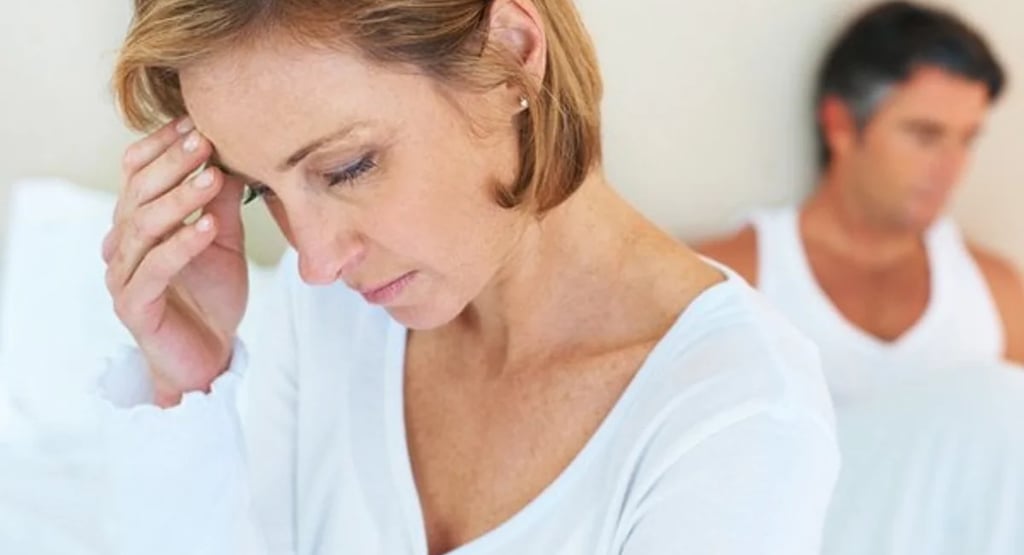Vaginal Dryness in Menopause: What Really Helps
This article explores Vaginal Dryness in Menopause: What Really Helps with science-backed insights, natural remedies, and lifestyle advice.
NATURAL REMEDIES


This article explores Vaginal Dryness in Menopause: What Really Helps with science-backed insights, natural remedies, and lifestyle advice.
NATURAL REMEDIES

